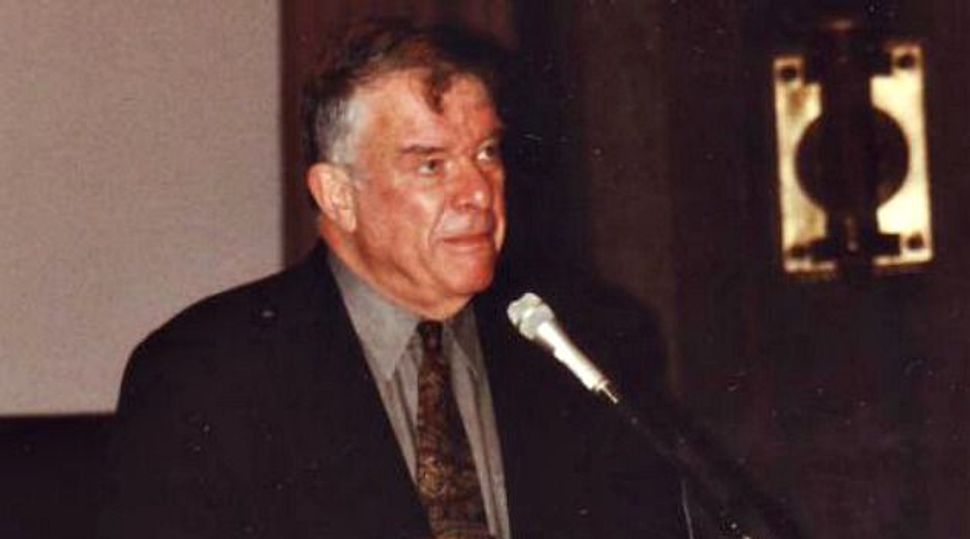Rashi Fein, Harvard Professor Known as A ‘Father of Medicare,’ Dies
Rashi Fein, a Harvard professor known for his contributions to medicine and social policy, has died. Fein, a professor emeritus of economics of medicine at Harvard Medical School, was the brother of Jewish activist and writer Leonard Fein, who died nearly a month ago. He was instrumental in the development of U.S. health policy, beginning…






















